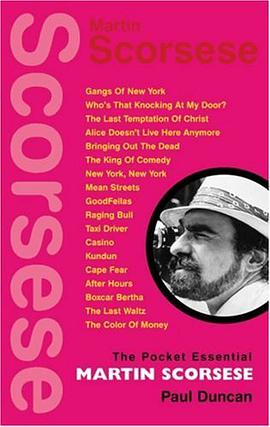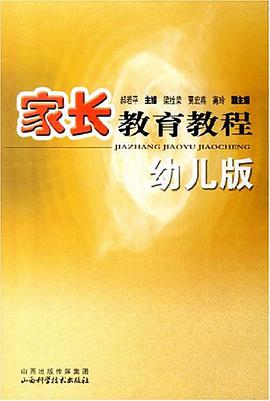

Growing global interdependence made the 1970s and 1980s a volatile period in the sugar trade at a time when Caribbean countries, while not the major world producers of sugar, were economically dependent on their sugar exports. Since then, government farm supports and quotas on imported sugar in the United States, overproduction in developing countries, and the emergence of a highly protected European Community sugar industry have all served to make the sugar trade a highly political global issue. This study focuses on the evolution of the U.S.--Caribbean Basin sugar trade in the 1980s and its impact on political relations between the countries involved. According to the authors, the sugar trade was not driven by laws of supply and demand, but by various political agendas. Economic protectionism, government subsidies for inefficient elements of the sugar industry, as well as corruption and mismanagement have contributed to the Byzantine politics of the sugar trade. Now the United States needs to determine how lifting quotas and terminating subsides will affect this complex relationship. By providing an in-depth look at the development of current policies in the sugar trade, this book offers the necessary background for making informed policy decisions. After examining the U.S. sugar policy from 1974 to 1989, the book provides a broader Latin American perspective of U.S. and European Community sugar policies. It also offers subregional and country analyses covering the Commonwealth Caribbean, Central America, Cuba, the Dominican Republic, Haiti, and Panama. Despite the difficulty of competing against the United States and Europe, Caribbean and Central American countries are likely to continue to depend on sugar cane. Climactic and ecological factors make agricultural diversification extremely difficult. Some Caribbean and Central American producers have considered making ethanol automobile fuel from sugar, but here too they face protectionist pressure from U.S. producers of corn. Given current political realignments, the authors predict that the influence of the United States and the Soviet Union will diminish in the 1990s. The European Community, on the other hand, is likely to have greater influence on the inter-American sugar trade. Students of Latin American politics and international relationships, as well as those involved in the sugar industry or the policies affecting it, will find this book a valuable resource for future decisions.
具體描述
讀後感
用戶評價
相關圖書
本站所有內容均為互聯網搜索引擎提供的公開搜索信息,本站不存儲任何數據與內容,任何內容與數據均與本站無關,如有需要請聯繫相關搜索引擎包括但不限於百度,google,bing,sogou 等
© 2025 onlinetoolsland.com All Rights Reserved. 本本书屋 版权所有




















